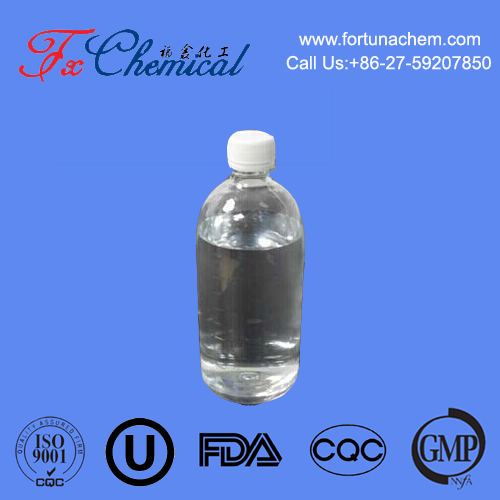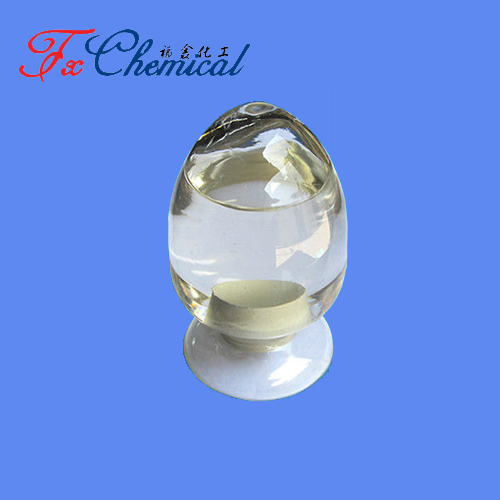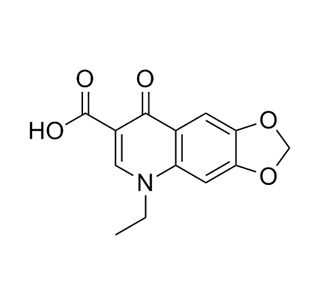
Search

Search

Product Description:
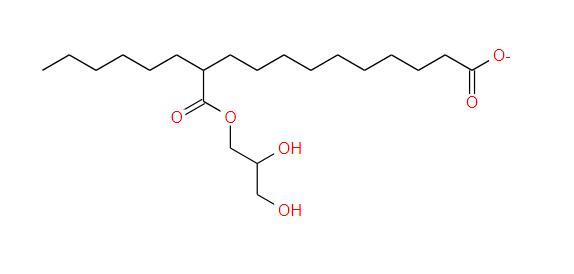
GTCC, or Glyceryl Tri-Caprylate / Caprate, CAS 73398-61-5, is a mixed triester of glycerol and medium-chain fatty acids derived from plant oils. It is a colorless, odorless, low-viscosity, lipophilic emollient with exceptional antioxidant properties. In both cosmetics and food products, GTCC can replace various oil esters, serving as an emollient, emulsifier, and lipid enhancer. It can also act as a carrier and diluent for raw materials, active formulations, or sterols. Products containing GTCC do not require additional antioxidants or stabilizers, thereby avoiding potential adverse side effects.
Applications of GTCC:
Glyceryl Tri-Caprylate/Caprate is extensively used in the beauty and cosmetics industry. It is found in sunscreen oils, creams, and lotions; after-sun protection creams and lotions; hair grooming oils, creams, and hair oils, making hair shiny, smooth, and easy to comb; bath oils; skincare oils and serums; facial cleansers, creams, and lotions; baby skincare oils, creams, and lotions; and makeup creams and sticks. It makes the skin smooth and glossy, and its nutrients are easily absorbed by the skin, contributing to the uniform and delicate texture of cosmetics.
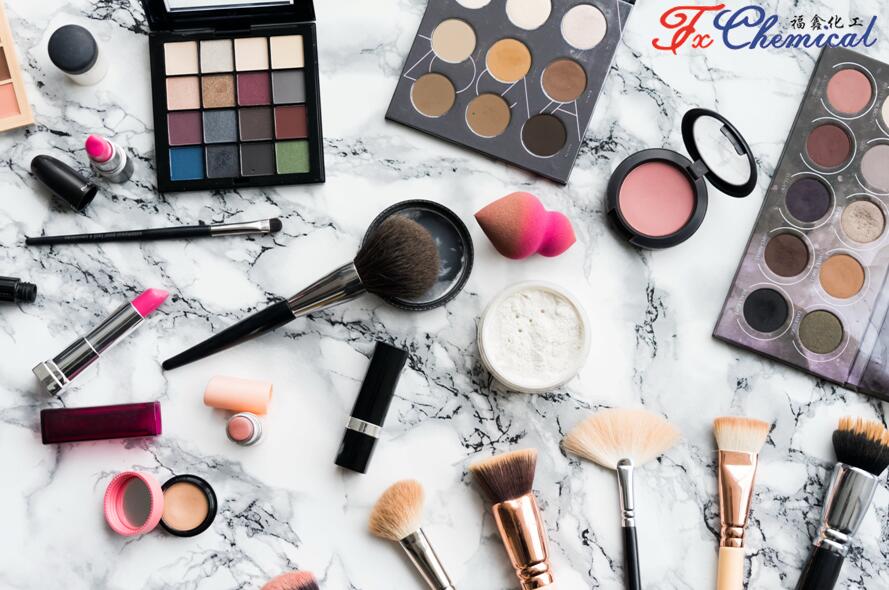
This product can also be used in lipsticks, lip balms, and shaving creams, improving the dispersibility and gloss of cosmetics. With a viscosity half that of general vegetable oils, it can serve as a base for moisturizing factors, a stabilizer for cosmetics, and a homogenizer. It has a low freezing point, good oxidative stability, and excellent miscibility with various solvents, oils, some oxidants, and vitamins. Its emulsifying, dissolving, spreading, lubricating, and antifreeze properties are superior to ordinary oils.
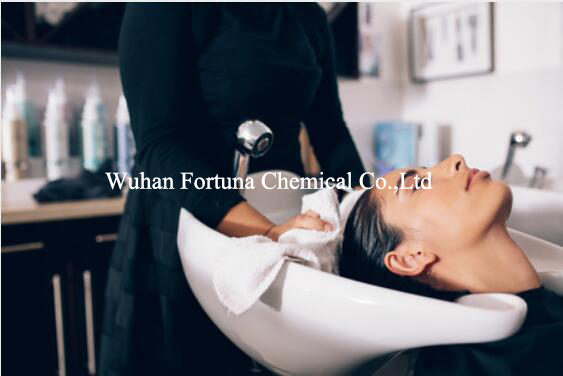
Food and Pharmaceutical Applications:
GTCC can be used as an emulsifier, dispersant, homogenizer, and stabilizer in pharmaceutical raw materials. It can also serve as an emulsifier and stabilizer in food seasonings, beverages, chocolate products, confectionery, milk powder, and dairy products.
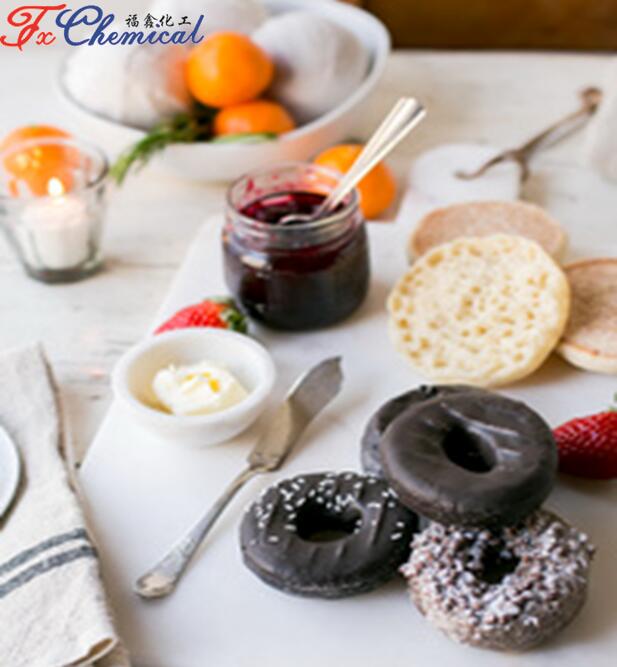
Advantages of GTCC
Antioxidant Properties: GTCC’s exceptional antioxidant properties eliminate the need for additional stabilizers, reducing the risk of adverse side effects.
Low Viscosity: With a viscosity half that of general vegetable oils, GTCC is easier to incorporate into various formulations without affecting their texture.
Oxidative Stability: GTCC’s good oxidative stability ensures a longer shelf life for products, making it a more reliable ingredient.
Versatility: GTCC’s excellent miscibility with various solvents, oils, oxidants, and vitamins makes it a highly versatile ingredient for both cosmetics and food products.
Non-Irritating: Proven to be non-irritating to humans, GTCC is a safe choice for sensitive skin and other delicate applications.
Comparison with Alternative Oils and Fats
When considering alternatives to GTCC, several other oils and fats come to mind, such as mineral oil, coconut oil, and jojoba oil. Each of these has its own set of properties and applications, but GTCC stands out for several reasons.
Mineral oil is a common emollient used in cosmetics. It is colorless, odorless, and inexpensive. However, it is derived from petroleum, which raises concerns about sustainability and potential skin irritation for some users. Unlike GTCC, mineral oil lacks antioxidant properties and does not offer the same level of skin absorption and nutrient delivery.
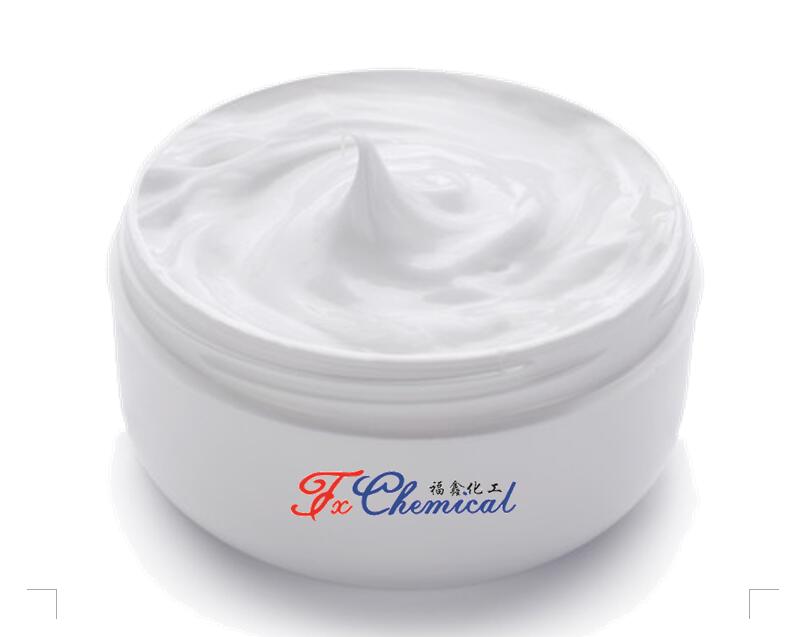
Coconut Oil:
Coconut oil is another popular alternative, known for its moisturizing properties and pleasant scent. However, it has a higher viscosity and can leave a greasy residue on the skin. Coconut oil is also prone to oxidation, which can lead to rancidity over time. GTCC, on the other hand, has a lower viscosity, better oxidative stability, and does not leave a greasy residue, making it more suitable for a wider range of cosmetic formulations.
Jojoba Oil:
Jojoba oil is often praised for its similarity to human sebum, making it an excellent moisturizer. However, it is relatively expensive and can be less stable than GTCC. While jojoba oil is a good emollient, it does not offer the same level of emulsifying and stabilizing properties as GTCC, limiting its versatility in formulations.
Safety Data:
Glyceryl Tri-Caprylate/Caprate is listed in GB2760-2014 “Standards for the Use of Food Additives” and GB12493-90 “Classification and Codes of Food Additives.” It has been widely used in the food, fragrance, personal care, pharmaceutical, and cosmetics industries and has been proven to be non-irritating to humans. It is a unique nutritional emulsifying stabilizer.
Conclusion
GTCC, or Glyceryl Tri-Caprylate/Caprate, is a highly versatile and beneficial ingredient for both the cosmetics and food industries. Its unique properties, including exceptional antioxidant capabilities, low viscosity, and excellent oxidative stability, make it a superior choice compared to other oils and fats. Whether used as an emollient, emulsifier, or stabilizer, GTCC offers numerous advantages, ensuring high-quality, safe, and effective products.
Wuhan Fortuna Chemical Co.,Ltd is a professional manufacturer which provide Caprylic / capric triglyceride with good quality and best price, welcome to contact us to get COA/TDS/MSDS of Caprylic / capric triglyceride.

Quick Links
Add:
E-mail:
 English
English  Español
Español  français
français  العربية
العربية 